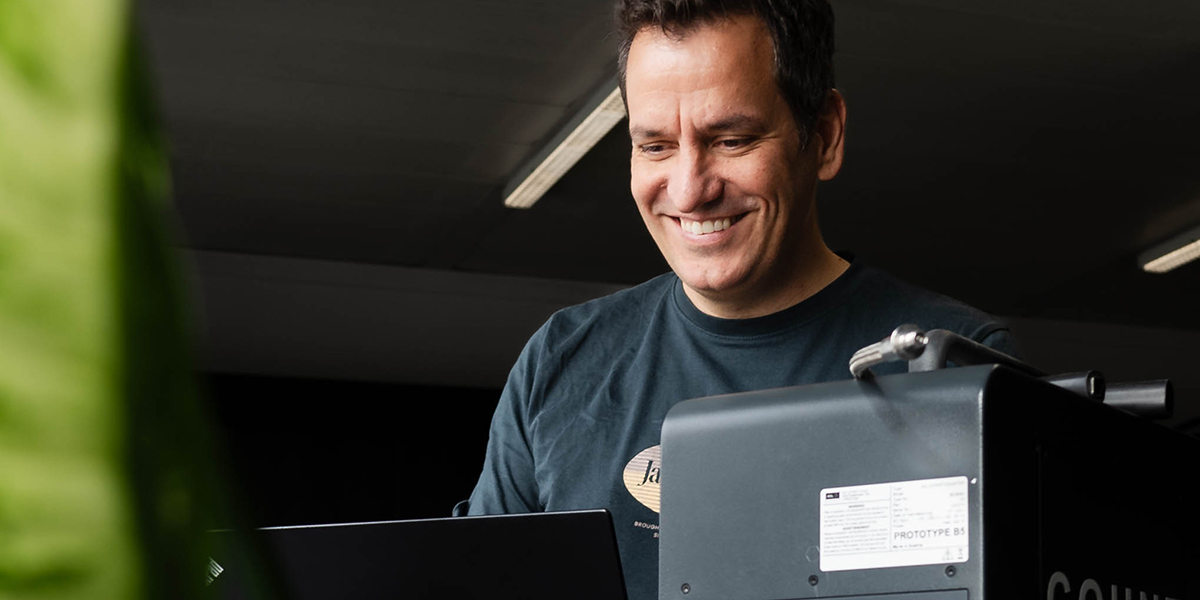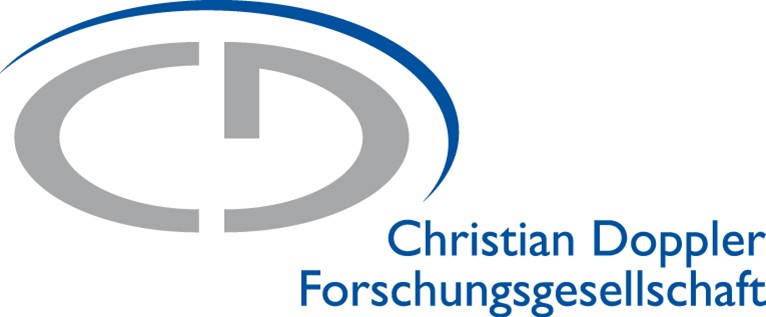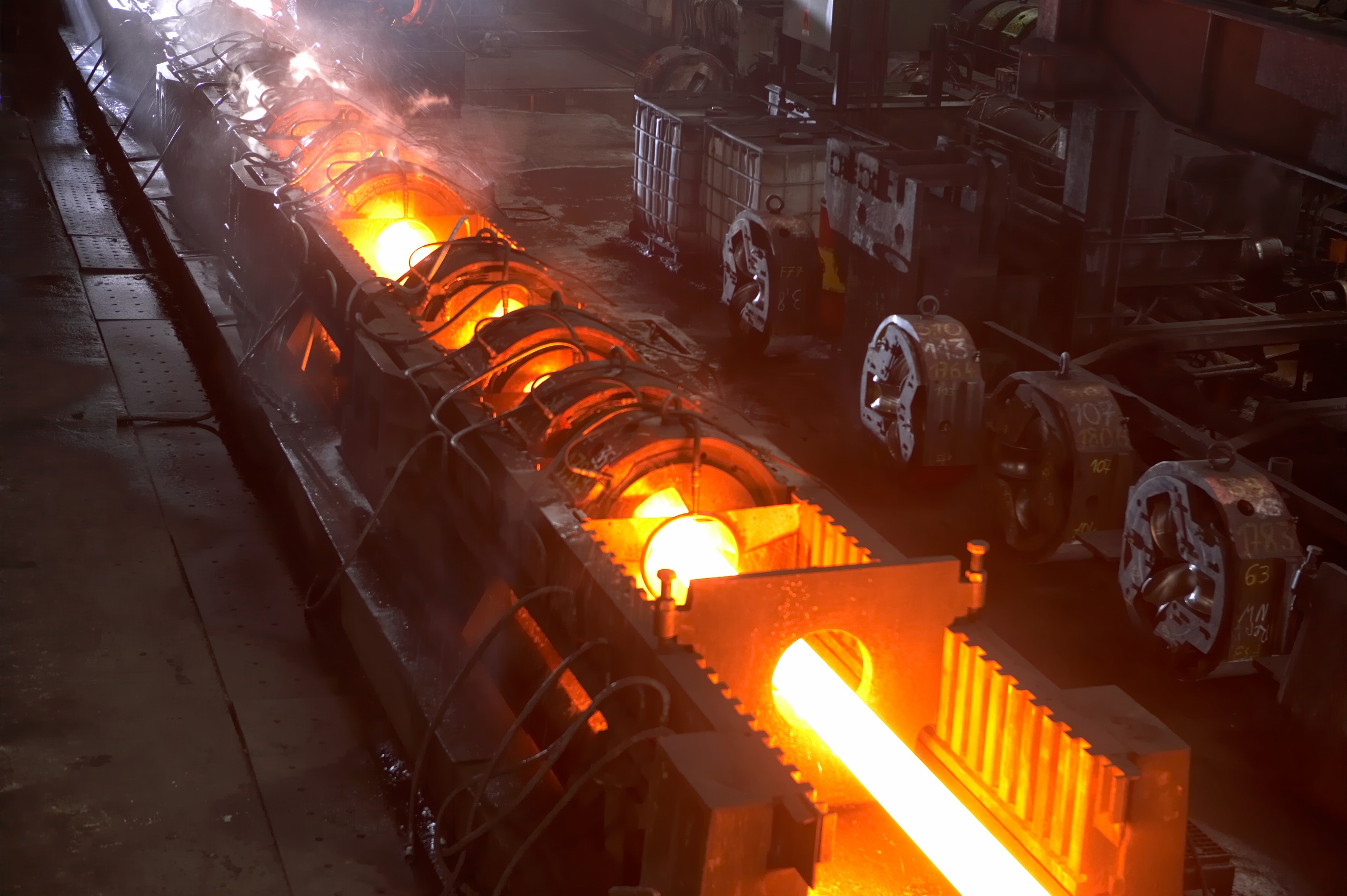The Josef Ressel Centre for Time-Series Failure Prediction and Prevention is supported by the Christian Doppler Research Association (CDG) and the Austrian Federal Ministry of Labour and Economy (BMAW). AVL DiTEST and voestalpine Tubulars are its corporate partners.
Josef Ressel Centre for Time-Series Failure Prediction and Prevention













